International Women’s Day 2024: 7 Inspiring Reads by Women of Colour
For this year’s International Women’s Day, we share with you seven influential reads by women of colour who have inspired us to think and act more inclusively.
International Women’s Day is celebrated annually on March 8th all over the world. This day is about acknowledging the incredible achievements of women, of those who paved the path for us, those who continue the work today, and those who will come after to push the boundaries once more.
The theme for this year’s IWD is ‘Inspire Inclusion'. For us, inclusion sits at the heart of Thousand&One – why we created it, and why we think it’s important for it to exist. Whether we’re fighting for equal access in the workplace or marching on the streets, we are always questioning whose voices are left behind.
As Iranian-Muslim women growing up in Canada, it was, and it is, the work of Black feminists such as bell hooks and Audre Lorde who made us feel seen and connected. In light of this year’s theme, we created a week-long LinkedIn campaign that shared seven books by WOC who have played a pivotal role in our journey towards inclusive thinking and practice. We pay tribute to diverse women who have inspired us to celebrate our identities, reflect on our positionalities, and embrace intersectional feminism as a foundational tenet of our work and lives. In this blog post, we list all seven books and share with you why we picked them! You can check out the full campaign on our LinkedIn page!
Illustration by Liu Liu
#1 – ‘The Master’s Tools Will Never Dismantle the Master’s House’ by Audre Lorde
This book is a collection of five influential essays by the Black, lesbian, mother, warrior, and poet Audre Lorde who writes on rage, poetry, eroticism, and race. These essays are as relevant and urgent today as when they were originally written.
Why we picked it: Audre Lorde’s teachings are central to why we created Thousand&One. This enterprise comes out of our frustration with systems that were never designed with us in mind. Lorde gave us the confidence to imagine a different toolkit. Her influential words remind us that to break down the system, we need different tools.
#2 – ‘Inclusion on Purpose: An Intersectional Approach to Creating a Culture of Belonging at Work’ by Ruchika Tulshyan
Tulshyan’s debut book asks how organizations can foster diversity, equity, and inclusion. She argues that inclusion is achieved through awareness, intention, and practice, and presents a blueprint for how organizations can use their privilege to expose bias while centering women of colour.
Tulshyan centers the workplace experience of women of color, who are subject to both gender and racial bias. It is at the intersection of gender and race, she shows, that we discover the kind of inclusion policies that benefit all.
Why we picked it: Inclusion on Purpose is everything Thousand&One stands for. The book is two-fold: it speaks to our community using research and anecdotes that validate our lived experiences, but it also speaks to those in charge, offering concrete steps organizations can take to address and prevent workplace biases.
#3 – ‘The Seven Necessary Sins for Women and Girls’ by Mona Eltahawy
In ‘The Seven Necessary Sins for Women and Girls’, Mona Eltahawy taps into all the ‘sins’ women and girls have been conditioned to avoid: anger, attention, profanity, ambition, power, violence, and lust. But here, Eltahawy encourages us to embrace these ‘sins;’ to claim our power. The book is a manifesto that calls on women all over the world to defy and disrupt the patriarchy.
Why we picked it: As Middle Eastern women, the writings of feminist giant Mona Eltahawy has always spoken to us. In action and in words, we have witnessed her defiance and bravery in the face of racist and sexist systems. For us, Thousand&One is about building a collective community, but it is also about pushing ourselves as individuals to recognize our power. ‘The Seven Necessary Sins’ has taught us to take up space, to defy, and to disrupt.
#4 – ‘How to Heal from Racial Trauma in the Workplace’ by Minda Harts
In ‘How to Heal from Racial Trauma in the Workplace’ Minda Harts discusses the unique struggles WOC face in their jobs. In the face of these hostile and often traumatic work experiences for WOC, Harts offers healing as a strategy to cope and to grow. Her book provides tips for WOC to build confidence, to advocate for themselves, and to move forward. She brings to the book a myriad of personal stories, along with advice from therapists and faith leaders.
Why we picked it: When we co-founded Thousand&One, we knew right away that we wanted a community and a safe space to share stories and experiences. Supporting WOC through healing became central to the way we wanted to move forward. Not as a way to remove the responsibility from corporations and higher-ups (the system needs changing no doubt). Instead, we thought looking inward as a crucial step towards healing and growing; Hart’s book was an invitation for us to do this inner work.
#5 – ‘All About Love: New Visions’ by bell hooks
‘All About Love’ offers an expansive exploration of love in our society today. For hooks, it’s not romance we lack, but love in its truest form: care, compassion, and unity. The book pursues the question of “what is love.” In a polarized society, hooks proposes love as a powerful tool towards healing as individuals, and as a collective.
Why we picked it: When we started Thousand&One we knew it would be a labour of love. Sure, we were driven by our frustration with systems that never had us in mind, but it was love for our community that truly led to the creation of Thousand&One. The legacy of bell hooks has always inspired our feminism, but she has also opened our eyes to see the connection between our activism and love.
#6 – ‘Against White Feminism: Notes on Disruption’ by Rafia Zakaria
In this book, Rafia Zakaria argues for a reconstruction of feminism, offering a necessary and apt critique of how whiteness has infiltrated feminism, and how this has led to Black and Brown women’s erasure. In this critique, Zakaria aligns herself and her work with feminist activists such as the likes of Kimberlé Crenshaw, Adrienne Rich, and Audre Lorde to bring forth a feminism that is intersectional.
Why we picked it: Thousand&One’s vision is a world where all women of colour feel safe, supported, and celebrated in the workplace. Our personal experiences along with our research and conversations with our community demonstrate how the combination of race and gender results in extremely difficult day-to-day experiences for WOC. It is clear to us that White feminism has not, and will not serve those of us on the margins. Instead, we opt for a feminism that is intersectional and inclusive.
#7 – ‘Living a Feminist Life’ by Sara Ahmed
Known to a lot of us as the feminist killjoy, Sara Ahmed’s ‘Living a Feminist Life’ reverses the role of theory and practice by showing us how it is everyday life and experiences that inform our feminist theories. The book builds on the legacies of feminists of color and their scholarship, offering us a deeply personal account of her own feminist experiences and journeys. Ahmed ends her book with the killjoy survival kit and killjoy manifesto, leaving us with practical tools on how to live feminist lives.
Why we picked it: Thousand&One exists because of the lived experiences of women of colour. Intersectional feminism is our anchor, guiding us towards our every action. ‘Living a Feminist Life’ is a reminder that our feminism isn’t theoretical. It is a conscious choice that we dedicate our lives to. It is how we show up daily for ourselves, other women, and our communities.
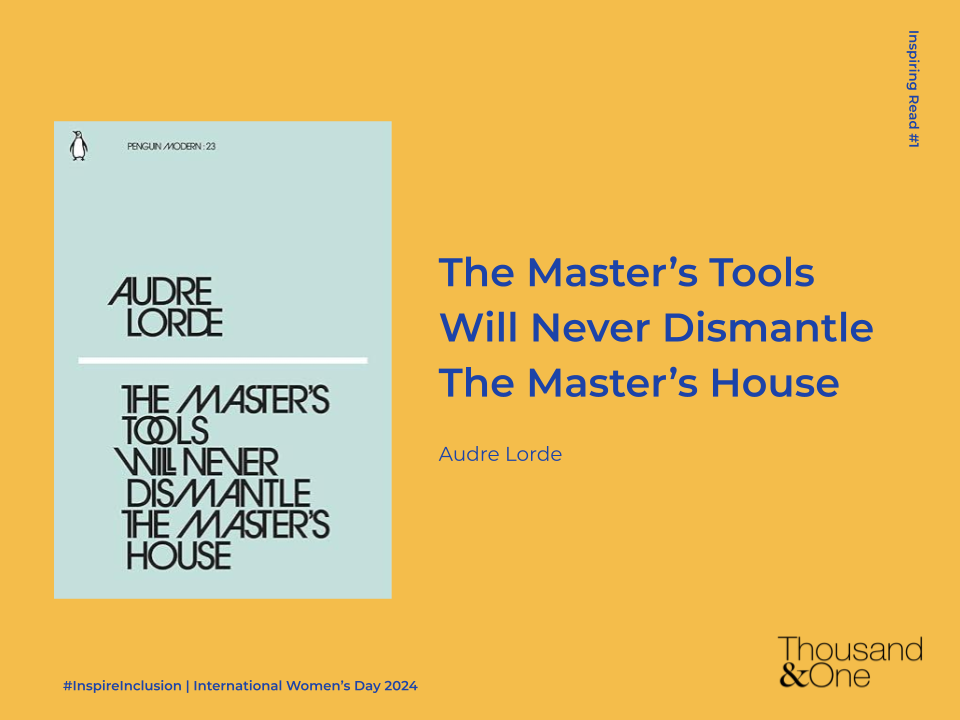
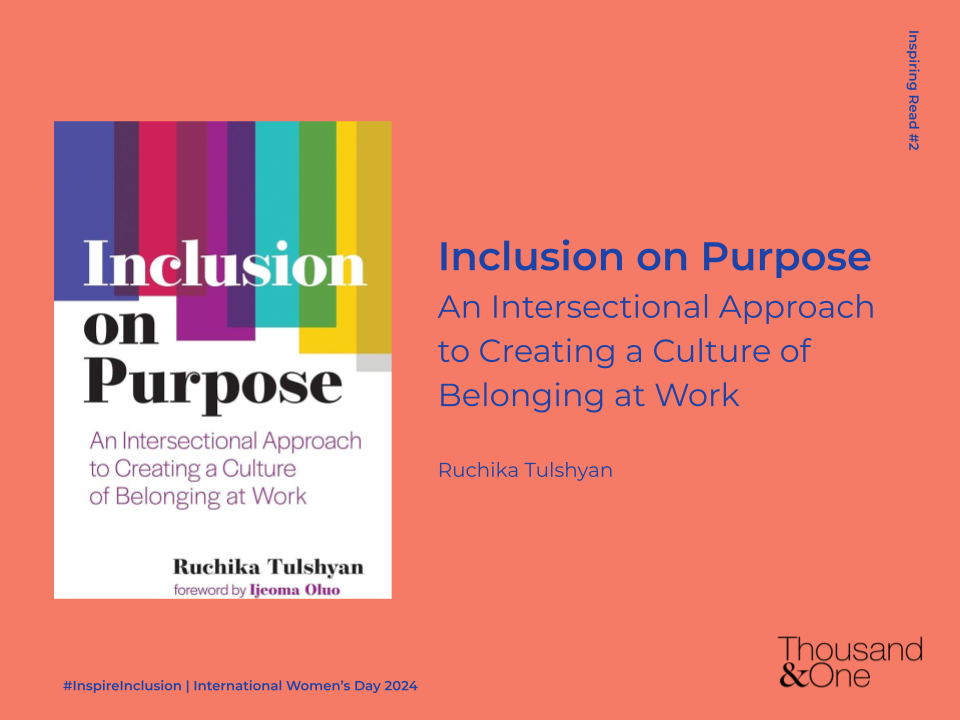
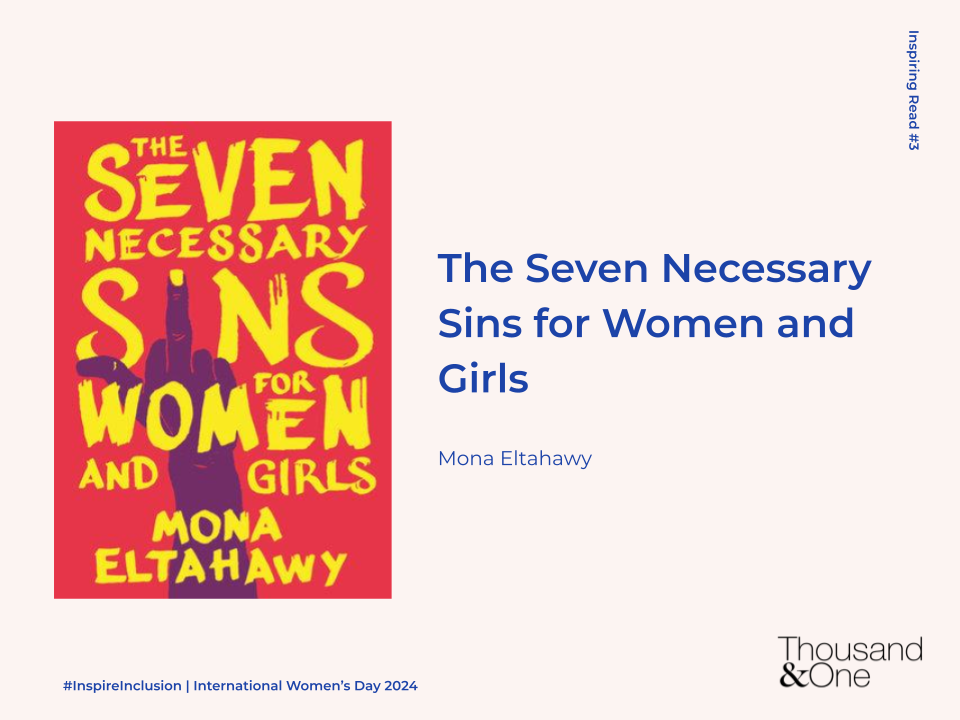
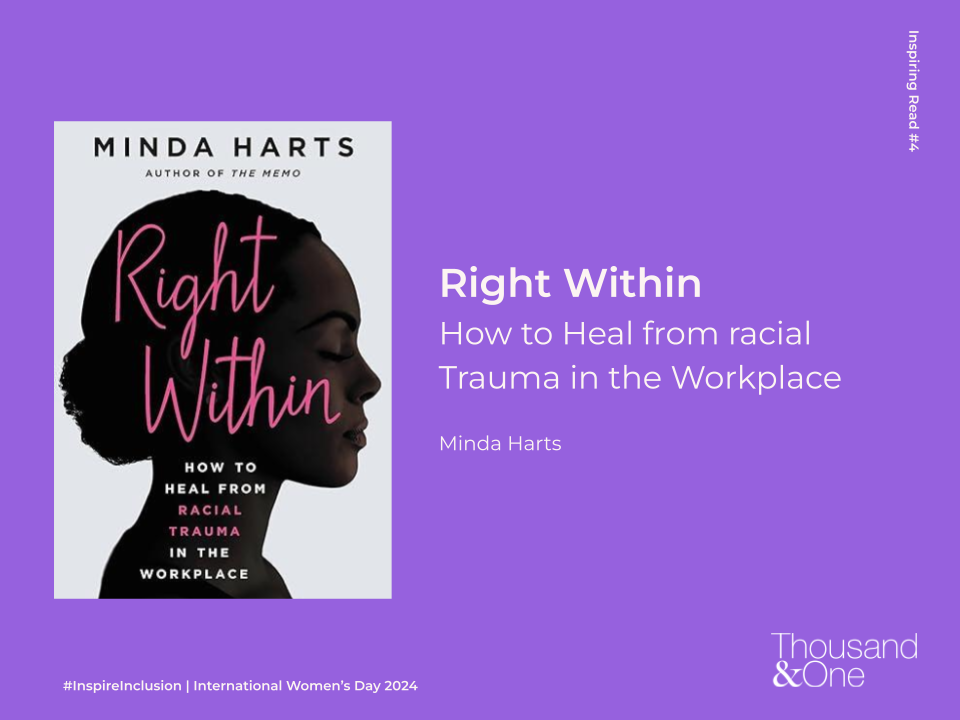
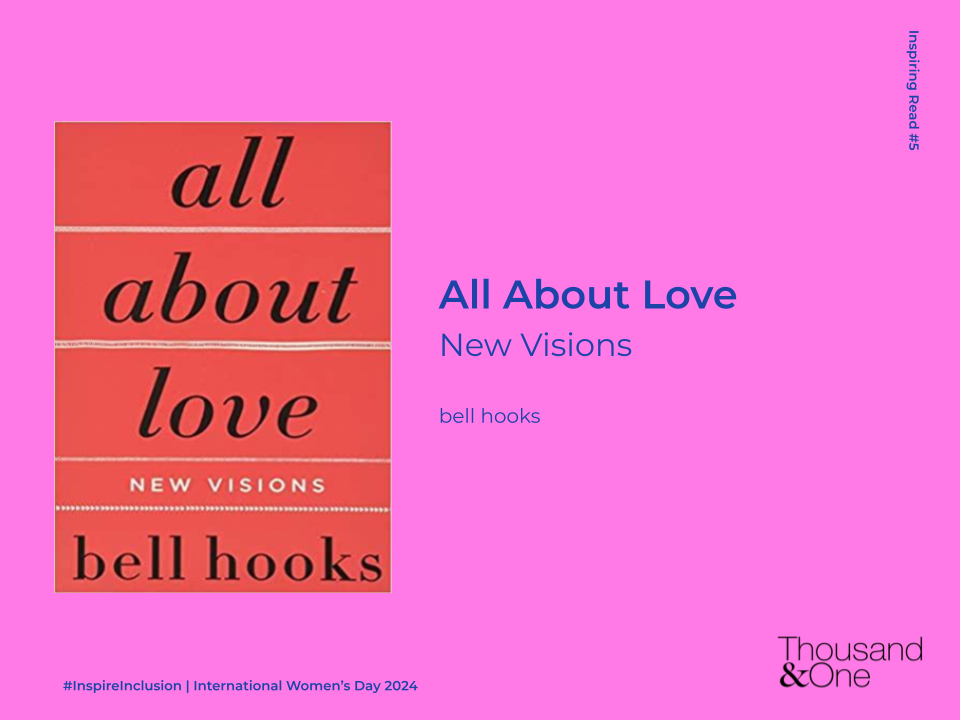


What is on your list? Tell us in the comments which books by women of colour have inspired you to be more inclusive. Be sure to join our community to stay in touch and receive more content and updates on our work and projects.


